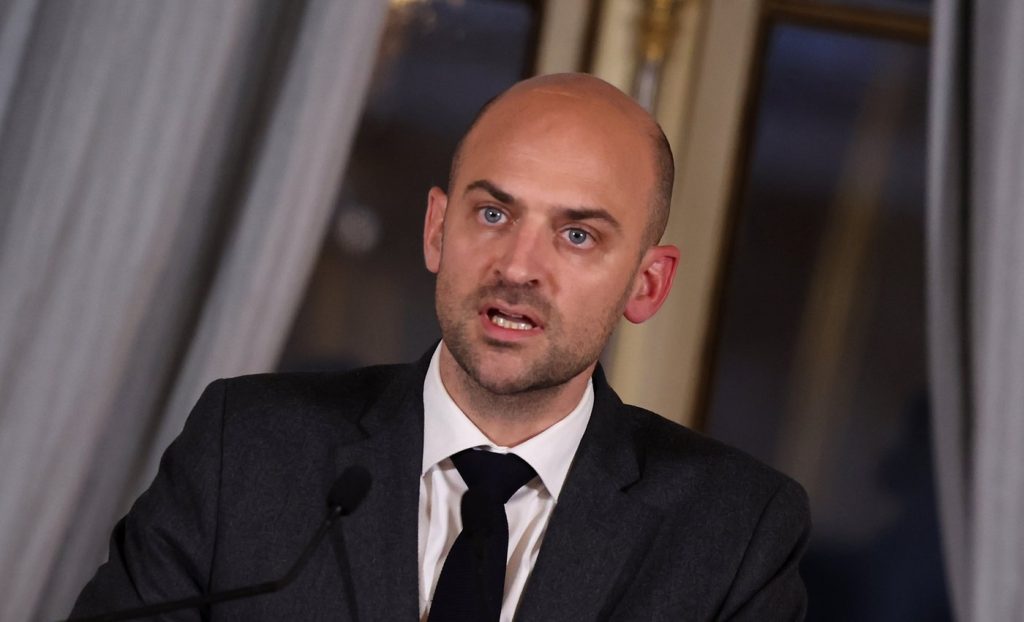PARIS (AP) – France's government announced on Sunday the release of a French-Chilean national, Camilo Castro, who had been detained in Venezuela for four months. The news marked a significant diplomatic achievement for France, as Castro's case garnered attention and concern from both the French public and international organizations.
The announcement was made by French Foreign Minister Jean-Noël Barrot, who took to social media platform X to inform followers that Castro was en route back to France. Barrot highlighted the role of French diplomacy in successfully negotiating Castro's release from prison. The efforts were regarded as a testament to France's commitment to protecting its citizens abroad, regardless of the complexities involved.
French President Emmanuel Macron also expressed his relief and satisfaction regarding Castro's freedom through a post on X. Macron emphasized the importance of persistent and composed diplomacy, stating, "France sometimes advances quietly, but always with determination and composure: That is how we protect our own." His remarks underscored the government's focus on safeguarding its nationals in foreign territories, particularly in situations that may pose risks to their safety and wellbeing.
Camilo Castro, a 41-year-old yoga teacher, had been living in Colombia before his unfortunate detention. His disappearance occurred in June when he crossed into Venezuela, intending to complete a brief trip to renew his Colombian visa. However, upon entering Venezuela, Castro was reportedly apprehended, leading to an extensive four-month ordeal that raised alarms and prompted rallies for his release from various human rights organizations, including Amnesty International.
The announcement of Castro’s release serves as a reminder of the broader challenges faced by individuals navigating international borders, especially in politically sensitive regions. Detained individuals face complex circumstances that may leave them vulnerable, and the role of diplomatic interventions becomes crucial in securing their freedom.
The resolution of Castro’s situation reflects the potential for diplomatic engagement to yield positive outcomes, reaffirming the importance of international collaboration and negotiation in resolving international disputes and protecting citizens abroad. As Castro prepares to return to France, many share a collective sentiment of relief that he will soon be reunited with his family and friends.
In conclusion, the successful resolution of Camilo Castro’s case highlights both the complexities involved in international diplomacy and the critical nature of governmental interventions in safeguarding the rights and welfare of their citizens in foreign jurisdictions.











